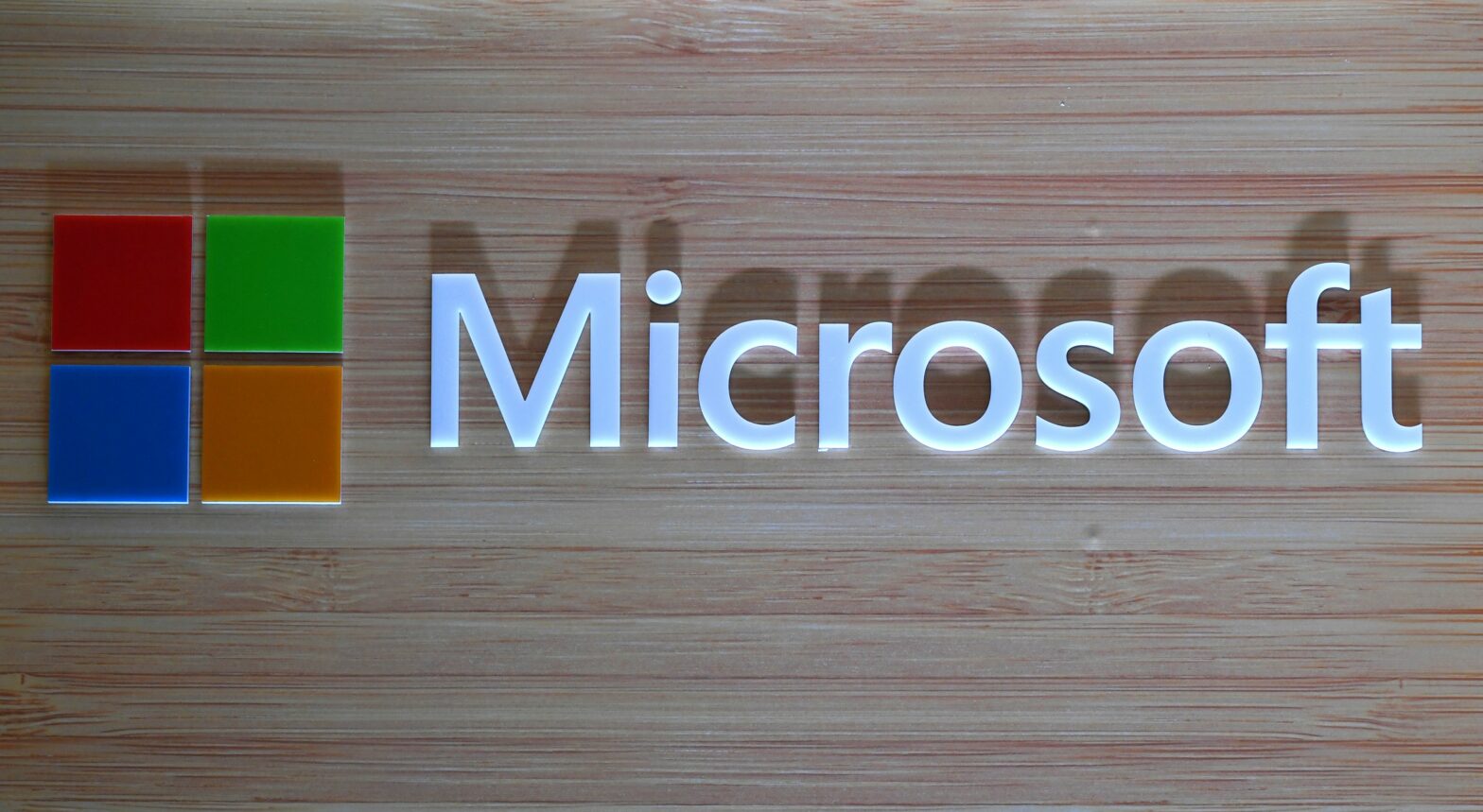Another month, another set of headaches for executives at the Internet Corporation for Assigned Names and Numbers (Icann). Having emerged from potentially damaging negotiations at the UN World Summit for the Information Society with its mandate for operating the Internet domain name system (DNS) intact, executives at Icann might have hoped for brief respite. No such luck.
No sooner had the UN deal been inked, than its agreement with Verisign over the running of the ubiquitous .com domain became subject to a lawsuit alleging breach of anti-trust laws.
The World of Domain Name Developers – which claims to represent various Internet-based businesses – alleges that an agreement between Verisign and Icann, which would see Verisign control .com registrations until 2012, is monopolistic.
Meanwhile, a Dutch Internet domain registrar believes that the existing system will soon be obsolete. "The current domain structure is the subject of intense criticism and a new naming system is inevitable if the Internet is to evolve," said Erik Seeboldt, managing director of UnifiedRoot.
Seeboldt's company has installed 13 internet domain name system (DNS) root servers on four continents, and is hopeful of signing deals with Internet service providers. These steps effectively allow it to sidestep Icann's current system, and would offer companies a more user-friendly selection of domain names such as ".airport" or ".magazine".
But while these cases exemplify a growing concern over how the Internet is governed, they are unlikely to effect major changes.
It is foolhardy to pre-empt the outcome of anti-trust cases, but the World of Domain Name Developers seems an obscure group to lead any fight against Icann and Verisign.
Furthermore, previous attempts to introduce top-level domain names such as .biz have met with indifference: many large companies, including BA, Oracle and GM have ignored it; not even ‘cyber squatters' have bothered registering them.






